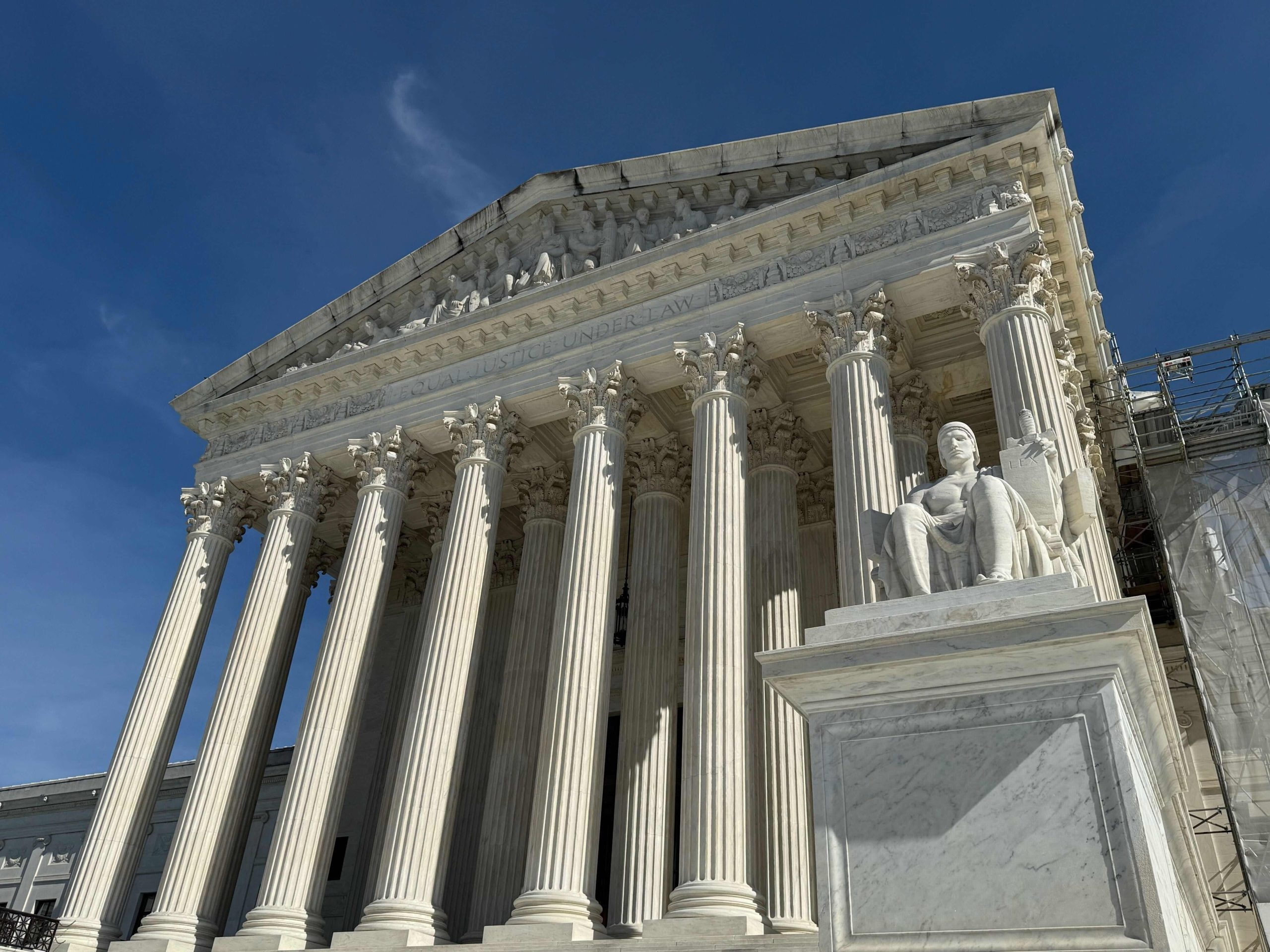Government asks justices to allow DHS to revoke parole for a half-million noncitizens


The Trump administration returned to the Supreme Court on Thursday afternoon, once again seeking emergency relief from the justices. This time Solicitor General D. John Sauer, asked the court to pause a ruling by a federal district judge in Massachusetts that blocked the Department of Homeland Security from revoking the Biden administration’s grant of parole – that is, permission to temporarily stay in the United States for humanitarian or public interest reasons – to more than 500,000 noncitizens from Cuba, Haiti, Nicaragua, and Venezuela.
Sauer told the justices that the order by U.S. District Judge Indira Talwani “has nullified one of the Administration’s most consequential immigration policy decisions,” blocking a decision by DHS Secretary Kristi Noem “and maintaining parole for up to two years for 532,000 aliens whose continued presence in the United States the Secretary deems contrary to U.S. interests.”
Under federal immigration law, noncitizens who arrive in this country and cannot show that they are entitled to enter normally must either leave the country or stay in immigration custody. However, the DHS secretary also has the discretion to allow immigrants to enter the country and to revoke that permission.
During the Biden administration, then-DHS Secretary Alejandro Mayorkas granted two-year terms of parole to a large group of immigrants from Cuba, Haiti, Nicaragua, and Venezuela. The policy, known as the CHNV special-parole programs, rested on the theory that allowing the mass parole of citizens from those countries would deter illegal migration through the U.S.-Mexico border.
In March, DHS ended the parole of noncitizens through the CHNV special-parole programs while retaining the discretion to grant parole on a case-by-case basis. It reasoned that the programs had “at best traded an unmanageable population of unlawful migration along the southwest border for the additional complication of a substantial population of aliens in the interior of the United States without a clear path to a durable status.”
A group of immigrants who had been admitted to the United States under the special-parole programs went to federal court in Boston to challenge the March 2025 termination of the programs.
Talwani barred DHS from ending the special-parole programs without providing case-by-case review of the decision to end parole for noncitizens. Talwani rejected the government’s argument that she did not have the power to review Noem’s decision to end the programs because another provision of federal immigration law prohibits judges from weighing in on such discretionary decisions. Talwani agreed that courts cannot review the DHS secretary’s decision to revoke individual parole determinations. But that ban does not apply, Talwani reasoned, because Noem did not have the power to revoke an entire category’s worth of parole determinations, and therefore she did not have any discretion to exercise.
The U.S. Court of Appeals for the 1st Circuit declined to put Talwani’s order on hold, prompting the government to come to the Supreme Court on Thursday.
Sauer contended that Talwani’s order “creates a perverse one-way rachet”: Although Mayorkas “granted CHNV parole categorically,” the order “faulted only Secretary Noem’s decision to restore the traditional case-by-case process by undoing the prior categorical grant of CHNV parole. The INA, however, prescribes the exact opposite.” As a result, he wrote, the government would be required to make “individualized parole determinations for every one of the 532,000 parolees under the CHNV programs—a colossal undertaking.”
The court instructed lawyers for the immigrants to file their response by 4 p.m. on Thursday, May 15.
Posted in Emergency appeals and applications
Cases: Noem v. Doe